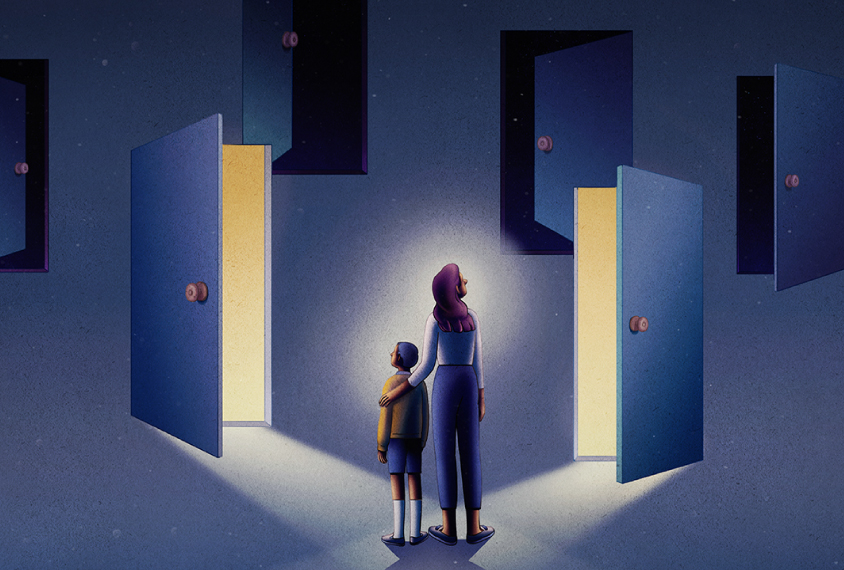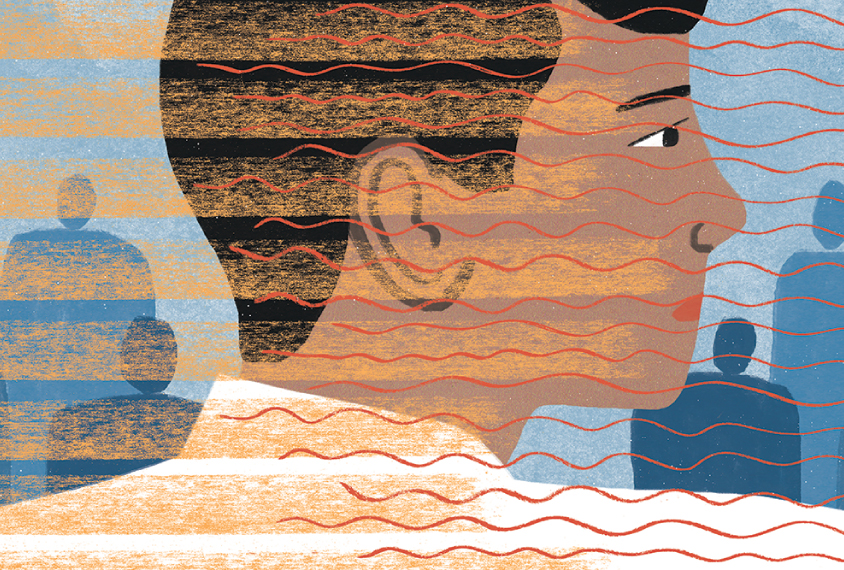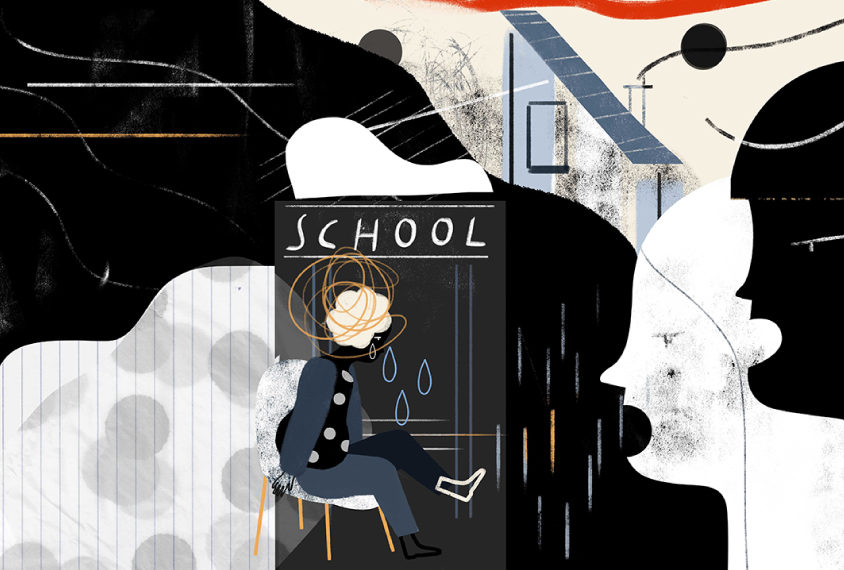Emily Sohn is a freelance journalist in Minneapolis. She writes mainly about health, science, adventure and complex conservation questions. Her stories have appeared in Nature, the Washington Post, NPR, Aeon, bioGraphic and many other publications. See more at www.tidepoolsinc.com.

Emily Sohn
Contributing writer
From this contributor
Maiken Nedergaard’s power of disruption
The award-winning researcher’s discoveries have changed the way we think about the brain; that’s exactly what her critics dislike.

Maiken Nedergaard’s power of disruption
Rising star: Ann Kennedy bridges gap between biology, computational theory
A theoretical neuroscientist, Kennedy uses a blend of computational modeling and real-world experiments to understand how brain activity shapes the behaviors of animals that model autism and other conditions.

Rising star: Ann Kennedy bridges gap between biology, computational theory
Low standards corrode quality of popular autism therapy
Rapid growth and inadequate standards in the 'applied behavior analysis' industry may put vulnerable children in the hands of poorly prepared technicians.

Low standards corrode quality of popular autism therapy
The blurred line between autism and intellectual disability
Doctors often conflate autism and intellectual disability, and no wonder: The biological distinction between them is murky. Scientific progress depends on knowing where the conditions intersect — and part ways.

The blurred line between autism and intellectual disability
How abuse mars the lives of autistic people
Many people with autism experience a triad of trauma: neglect at home, abuse from trusted adults and bullying at school or work.
Explore more from The Transmitter
Dendrites help neuroscientists see the forest for the trees
Dendritic arbors provide just the right scale to study how individual neurons reciprocally interact with their broader circuitry—and are our best bet to bridge cellular and systems neuroscience.

Dendrites help neuroscientists see the forest for the trees
Dendritic arbors provide just the right scale to study how individual neurons reciprocally interact with their broader circuitry—and are our best bet to bridge cellular and systems neuroscience.
Two primate centers drop ‘primate’ from their name
The Washington and Tulane National Biomedical Research Centers—formerly called National Primate Research Centers—say they made the change to better reflect the breadth of research performed at the centers.

Two primate centers drop ‘primate’ from their name
The Washington and Tulane National Biomedical Research Centers—formerly called National Primate Research Centers—say they made the change to better reflect the breadth of research performed at the centers.
Post-infection immune conflict alters fetal development in some male mice
The immune-conflict between dam and fetus could help explain sex differences in neurodevelopmental conditions.

Post-infection immune conflict alters fetal development in some male mice
The immune-conflict between dam and fetus could help explain sex differences in neurodevelopmental conditions.
